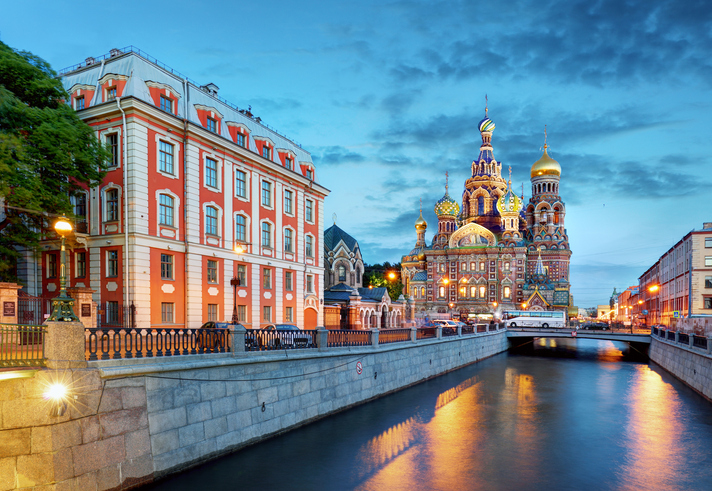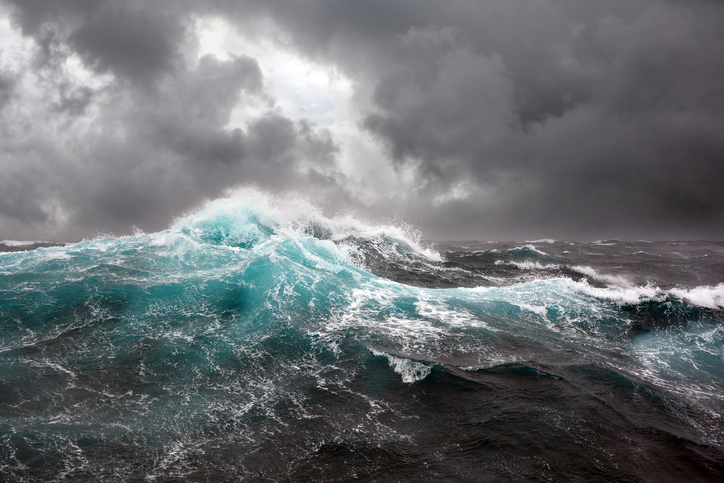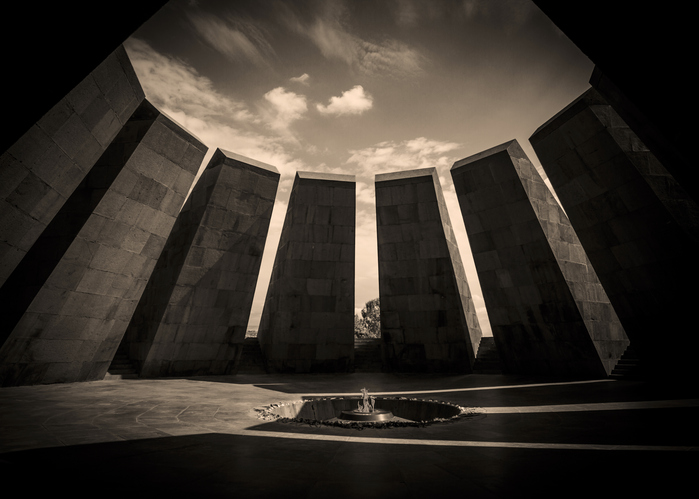I am no fan of communism. Let me get that out of the way right now. Communism is a meat grinder of humanity. I have no love for it. Look no further than the war in Ukraine, a war that I doubt many people in Russia support and a war which should have been avoided at all costs. My favorite President, Ronald Reagan, famously spoke the words, “Mr. Gorbachev, tear down this wall.” So, I just wanted to be clear on that before writing this…
That said, I do enjoy Russian and Eastern European History. My favorite movie is Fiddler on the Roof. I recently saw the Broadway play of the same title. I took a class on “The Geography of the Soviet Union” in college. My high school European History teacher had an entire unit on Russian History. We watched Dr Zhivago as part of that unit – another great movie. I spent two summers in Israel. I met some wonderful Russian families while there. Many Jewish families from Russia immigrated to Israel as soon as the Iron Curtain fell – wise move in retrospect.
Russian culture is often misunderstood, and their history in many aspects is as fascinating and contradicting as ours in the United States. Democracy has escaped them for the most part, and they have suffered under totalitarian rule for long periods of time. In fact, much of their history was erased as soon as the Bolsheviks took power. I thought I might take a few minutes and look at how/why we should teach the history of one of the world’s super powers.
We need to understand the Russian people. Their government controls the switch on a fairly large arsenal of missiles pointed at our country. I do think it becomes harder to hate people when we strive to understand them – even if we don’t always agree. I have been fortunate to have received an education on a wide range of topics. This is one which I think would give us perspective on the current geopolitical crisis facing our globe today.
Digging deeper, I thought I would provide some ideas for teaching this history in your classroom whether it be as home school, private, or public education. Unfortunately, the Democratic Party has created an atmosphere of intolerance towards anyone offering an olive branch towards Russia. I think the late Henry Kissinger would view that “wall” as a mistake. In this blog, we have talked a lot about innovative education in the classroom. I suspect if we are to have this same conversation again in one hundred years, the United States and Russia will have to found some common ground and seek peace. Otherwise, it may be thousands of years (if ever) that we can use the internet to study the history of two great peoples – both of which repelled the Nazis during WW2. The contribution of Russian culture to our world has been consequential. Below are some great options to study regarding Russia:
–Bolshevik Revolution and the Poverty of Communism
–Russia’s contribution to World War II
I took some time to link those ideas to good websites. It is really only scratching the surface. The history, geography, and culture of Russia is full of great triumphs and gigantic scars. I think American students can benefit greatly from the topic. Why? It is really, really interesting for one. And two, I think we can find some commonality. I don’t want to see the children of Russia at war with the children of the United States anytime soon. I think Reagan and Gorbachev understood that. If we can promote understanding and peace(instead of war), I can see very little downside to that.
Discover more from Rob's Innovation in Education Blog
Subscribe to get the latest posts sent to your email.




